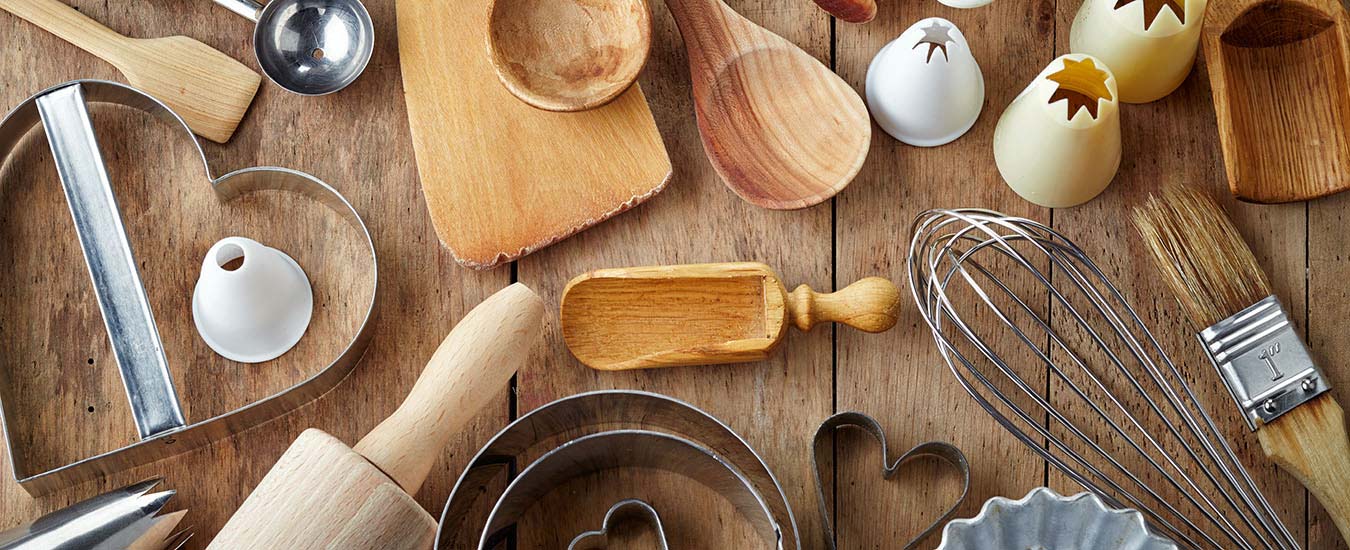Used in five-star kitchens in Europe as well as roadside cantinas in the Caribbean-ranging from grandiose to humble-the onion is a valued vegetable. Sometimes referred to as the poor man's truffle, onions have the ability to make a dish hot and pungent or sweet and earthy, big and bold or soft and subtle.
The onion's history is rich and far reaching. Native to Asia and the Middle East, onions have been grown for more than 5,000 years. They were considered so valuable to the Egyptians that they were used as currency to pay the workers who built the pyramids, and were often placed in the tombs of kings so they could carry the gifts bestowed with spiritual significance into the afterlife.

Onions have been revered throughout history not only for their culinary use but for their health properties as well. Rich in vitamin C, they contain calcium, potassium, iron and fibre. They've been shown to have anti-inflammatory and anti-bacterial benefits, making them an especially good addition to soups and stews during cold and flu season. Even better, onions are easy to grow in the Atlantic Provinces, both in home gardens and commercially, and they store well into winter. Sow early-season types in mid to late April for a late August/early September harvest. The shelf life of onions depends on the type. Strong-flavoured varieties, such as yellow onions, can be stored for longer periods than sweet onions-the compounds responsible for the sharper flavour also aid in preserving them. Store onions at room temperature, away from bright light. A hanging mesh basket or colander provides the air circulation they need.
{sidebar id=36}Some people say not to store onions with potatoes, or with fruits that release moisture or ethylene gas, such as apples; they may sprout/spoil faster.
When it comes to chopping onions most people have the same complaint-weeping eyes. In my experience, the best solution is a good, sharp knife. When slicing an onion you want to avoid crushing it, which releases more of the sulphur compounds that cause irritation. Other solutions I've heard include chopping the onion under running water, chopping near a flame such as a candle, or refrigerating the onion an hour before chopping.
I've also been told that holding a half teaspoon of salt in your mouth during chopping works-but I think I'll rely on my sharp knife. Either that or just go with the flow. The "tears of joy" are for all the ways that onions make our food livelier, richer and, above all, tastier.
